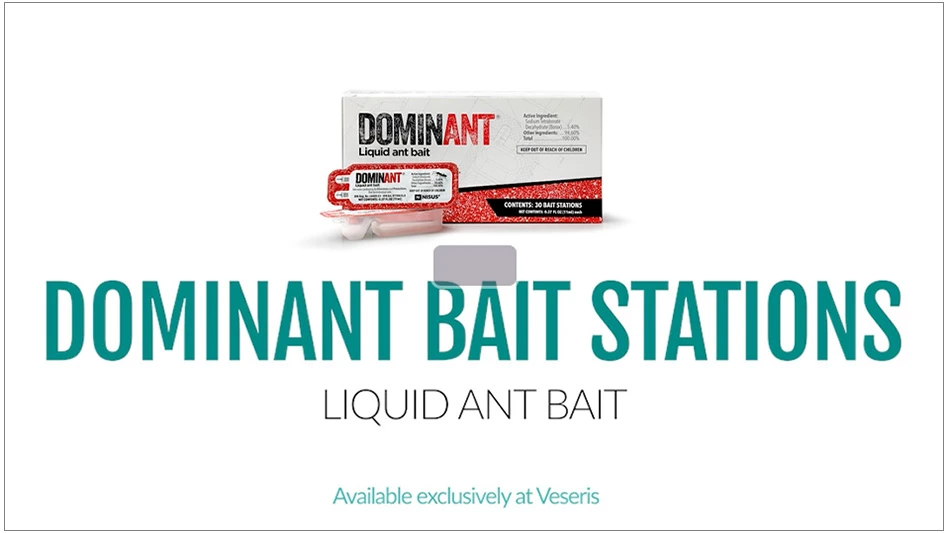Differentiation is the process of separating your business from competitors, ostensibly giving the consumer a reason for selecting you over others. It manifests itself in many ways and is open to broad interpretation, but is essential unless you choose to make price your selling point.
Diet Coke differentiated itself from Diet Pepsi and other artificially sweetened carbonated drinks by conducting a series of blind taste tests and determining itself the preferred beverage based solely on taste. "Just for the taste of it…Diet Coke!" became the message.
Visa differentiated itself from American Express by zeroing in on the fact that the Visa credit card is accepted in more locations than American Express. Visa also, by not even mentioning MasterCard, virtually eliminated them from a nationally competitive posture. American Express differentiated itself from Visa by taking exactly the opposite tack, pointing out the "elite" status of the card, thus attempting to negate the broad acceptance message of Visa.
PEST CONTROL DIFFERENTIATION. In our business, differentiation is absolutely essential, lest we become a perceived as a commodity where price is the only factor that matters. There are many ways one business can differentiate itself from the rest. Even conflicting points of differentiation can be established and both can be valid.
The "fast company" is a possible differentiation position. "We get in, do the job, and get out FAST!" The message is convenience. Conversely, the "slow company" is also an acceptable position. The message is, "We take our time to do the job RIGHT!" It doesn’t really matter which of these you choose. Just deliver on the promise and you will have managed to differentiate yourself by staking out a position first.
The "old company" can be translated into experience. "We’ve been doing this for years and (therefore) we know what we’re doing." The "new company" can be translated into a message of being "up to date" in terms of new technologies, younger and more nimble service approaches.
The "big company" (where size is the point of differentiation) can be translated into being able to marshal more resources in pursuit of solutions to customers’ problems. The "small company" can be taken to mean we’ll provide the personal level of service required to get the job done.
Old or new, big or small, fast or slow…it really doesn’t matter. The message here is not how you differentiate yourself in the marketplace, but that you find some mechanism of separating your business from the rest. If you can’t differentiate yourself from others, then you aren’t able to give the consumer a reason for choosing you.
CONCLUSION. One final thought…once you decide how you’re going to differentiate yourself in terms of marketing, then you have to be able to deliver on whatever promise you make. If the customer chooses you because you’re "the technology company" then you’d better be able to back that up. If they choose you because you’re the "low price leader" (not my favorite point of differentiation for obvious reasons) then you’re going to have to honor that promise, no matter what the next guy does to his pricing structure.
Every single day, every single one of us makes purchasing decisions based on some factor or reason other than arbitrary capriciousness. We pick one piece of fruit in the produce section of the supermarket over another because of color, size, whatever. We buy the car we drive because it’s different from others in its class for one reason or another.
The same applies in our business. Customers select one company over another for a reason. Give yourself a shot. Differentiate!
The author is senior vice president of Massey-Persons-Brinati Communications, a subsidiary of Massey Services Inc., Maitland, Fla. He can be reached via e-mail at bbrewer@pctonline.com.

Explore the January 2003 Issue
Check out more from this issue and find your next story to read.
Latest from Pest Control Technology
- Envu Announces Lichtenstein as Chairman of Board of Directors
- Spider Expertise, Cockroach Species, AI Tools for Disease Transmission Hot Topics at Purdue Conference
- Rose Pest Solution Promotes Kandler to District Manager of Columbus (OH) Office
- Webinar: Maximizing Cash Flow — Key Strategies for Business Growth
- WorkWave Announces Wavelytics
- Rising Rat Populations Linked to Warming Temperatures, Urban Growth, Study Finds
- How Might the 2024 Elections Impact PCOs
- Keeping Track of Termite Identification





